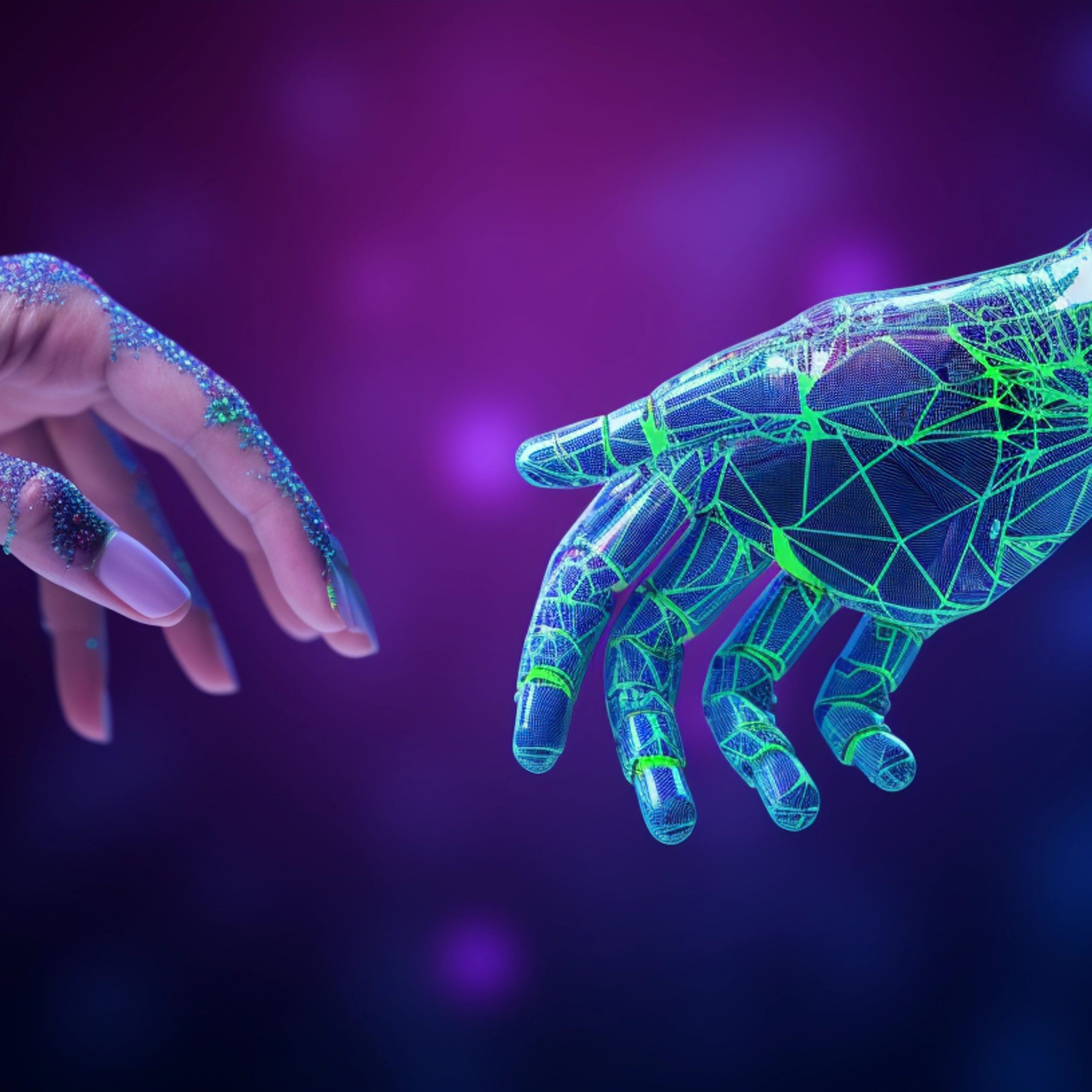In an era where digital transactions have become the norm, the specter of identity fraud looms large, threatening the integrity of online commerce and the security of personal data. The proliferation of digital services, while convenient, has opened new avenues for fraudsters, with identity theft cases seeing a dramatic rise. Businesses, now more than ever, are turning to advanced solutions to safeguard their operations and their customers’ trust. At the forefront of this battle is Artificial Intelligence (AI), offering both opportunities and challenges in the realm of identity verification.
Transforming identity verification with AI
AI has revolutionized the way businesses approach the crucial task of verifying the identity of their customers. Traditional methods, often slow and prone to human error, are being replaced by AI-driven solutions that offer speed, accuracy, and efficiency. Automated document verification, facial recognition, and pattern analysis stand out as key AI applications transforming the landscape of identity verification.
- Automated document verification: AI technologies streamline the process of document scanning and data extraction, comparing the information against trusted databases swiftly and with greater accuracy. This not only enhances the customer experience by reducing wait times but also significantly lowers the risk of fraud.
- Facial recognition and biometrics: The use of biometrics for identity verification is gaining traction, with AI enabling more reliable recognition of facial features, fingerprints, and other unique identifiers. Advanced algorithms ensure that variations in appearance or lighting conditions do not hinder the verification process, while also enabling real-time liveness checks to prevent spoofing.
- Pattern analysis: By analyzing historical data, AI systems can detect deviations from established patterns of customer behavior, flagging potentially fraudulent activities. This capability is instrumental in preventing fraud before it occurs, safeguarding both businesses and customers from financial loss and reputational damage.
Navigating the challenges ahead
Despite the considerable advantages AI brings to identity verification, the technology is not without its challenges. Issues of privacy, ethical use of data, and regulatory compliance are at the forefront of the debate surrounding the deployment of AI in sensitive areas such as identity verification. The potential for misuse of biometric data, the need to prevent biases in AI algorithms, and ensuring the security of personal information are critical considerations that must be addressed to maintain public trust and adherence to legal standards.
Businesses and policymakers alike are called upon to navigate these challenges thoughtfully, balancing the immense benefits of AI with the imperative to protect individual rights and uphold ethical standards. The future of identity verification, while promising, hinges on the responsible and transparent use of AI technologies.
The path forward
The integration of AI into identity verification processes represents a significant step forward in the fight against fraud. With AI, businesses can not only enhance the security and efficiency of their operations but also offer a smoother, more user-friendly experience to their customers. As AI continues to evolve, its potential to further improve identity verification and fraud prevention efforts is vast, promising a future where digital transactions can be conducted with greater confidence and security.
However, the journey ahead requires a concerted effort from all stakeholders to ensure that the advancement of AI in identity verification serves the greater good. By fostering innovation while steadfastly committing to ethical practices and regulatory compliance, the promise of AI can be fully realized, benefiting businesses and consumers alike.





